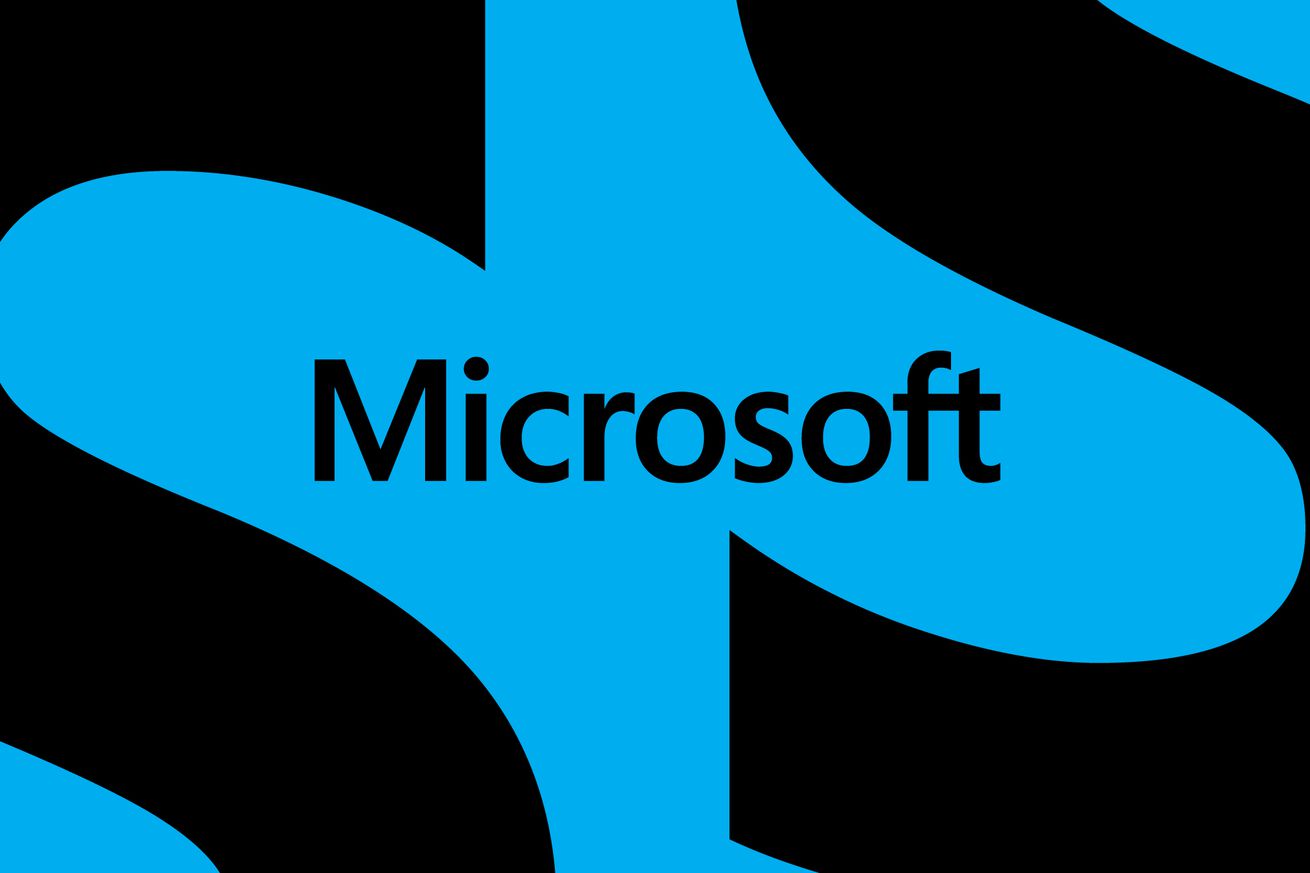
EU opens Microsoft antitrust investigation into Teams bundling
The European Commission is opening a formal antitrust investigation into Microsoft’s bundling of its Teams software with its Office productivity suite. Slack originally filed an anti-competitive complaint against Microsoft with the European Commission in July 2020, just months after a global pandemic began and the Microsoft Teams userbase started to grow rapidly.
The European Commission will now carry out an in-depth investigation into whether Microsoft may have breached EU competition rules by tying or bundling Microsoft Teams to its Office 365 and Microsoft 365 productivity suites.
“Remote communication and collaboration tools like Teams have become indispensable for many businesses in Europe,” explains Margrethe Vestager, executive vice-president in charge of competition policy at the European Commission. “We must therefore ensure that the markets for these products remain competitive, and companies are free to choose the products that best meet their needs. This is why we are investigating whether Microsoft’s tying of its productivity suites with Teams may be in breach of EU competition rules.”
Microsoft has responded to the EU’s complaint. “We respect the European Commission’s work on this case and take our own responsibilities very seriously,” says Microsoft spokesperson Robin Koch, in a statement to The Verge. “We will continue to cooperate with the Commission and remain committed to finding solutions that will address its concerns.”
Slack’s original complaint alleged that Microsoft had “illegally tied” its Microsoft Teams product to Office and is “force installing it for millions, blocking its removal, and hiding the true cost to enterprise customers.” Now EU regulators are fully investigating the situation, after Microsoft reportedly offered a concession to the EU to stop bundling Teams with Office. This clearly wasn’t enough to avoid an official antitrust investigation — the Financial Times reported recently that EU regulators and Microsoft couldn’t agree on whether the removal of bundling would be limited to just the EU and how prices might be impacted to ensure competition is still fair.
Microsoft also recently decided to remove its Microsoft Teams integration in Windows 11. The Chat functionality in Windows 11 was only ever available for consumers and not the key enterprise users that were the focus of Slack’s complaint. But Microsoft could have enabled enterprise support in the future in this built-in version, and it’s possible the EU probe might have spooked Microsoft into killing the integration altogether.
This is the first time Microsoft has faced an antitrust investigation in the EU for nearly 15 years, following two big cases related to Windows Media Player and Internet Explorer bundling. In 2004 the European Commission ordered Microsoft to offer a version of Windows without Media Player bundled. This resulted in a Windows XP N version available in EU markets.
In 2009, the EU also investigated the bundling of Internet Explorer with Windows and Microsoft ended up selling a Windows 7 E version of its operating system in Europe without Internet Explorer bundled. Microsoft was also forced to implement a browser ballot box in its Windows operating system to ensure users were presented with a choice of web browsers. Microsoft was eventually fined $730 million for failing to include the browser ballot in Windows 7 SP1.
Update, July 27th 8:08AM ET: Article updated with comment from Microsoft.

